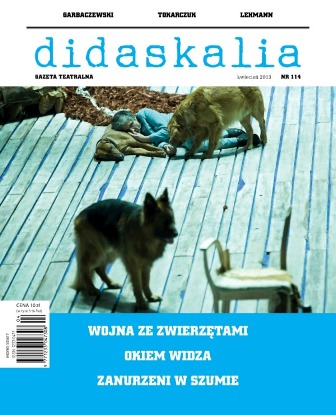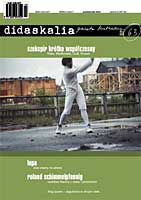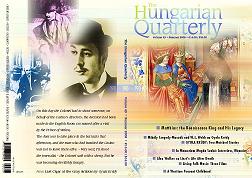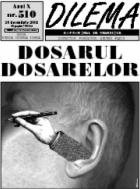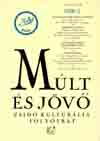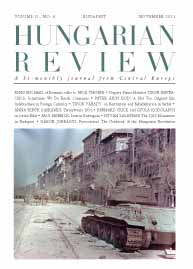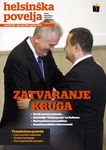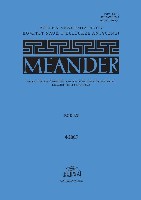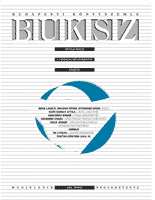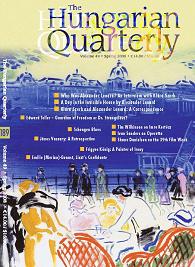Author(s): Anna Sebõk Páskándi / Language(s): English
Issue: 06/2011
The only region of East Central Europe where the Hungarian Revolution of October–November
1956 found powerful echoes was Transylvania, whose large Hungarian minority could follow
events unfolding in Hungary in their own language, as Budapest-based Hungarian radio threw
off the dead weight of censorship. Even before the revolution was crushed, the Romanian authorities turned the full force of their repressive apparatus, the secret police and the courts on those who dared speak out in support of the revolution, or who began to organize groups of their own to press for change in Romania. The Communist authorities did not just try to stamp out every spark of rebellion, they took the opportunity to attack the Hungarian intelligentsia of Transylvania, and break any residual resistance to Communism among the common people. In July 1959 the
Hungarian-language Bolyai University in Cluj/Kolozsvár was merged with the Romanianlanguage
Babeş University, and the Hungarian community lost a key institution for the survival of their language and culture. A speech by the new Hungarian Socialist Workers Party leader, János Kádár, installed by the Soviets, in Târgu Mureş/Marosvásárhely in February 1958 confirmed that the Romanian leadership now had a free hand to do what they liked with the Hungarian minority – Budapest would not speak up on their behalf in Moscow. In 1958, Soviet troops were withdrawn from Romania, as an acknowledgment of the reliability of the Romanian Communist government. The repression grew more intense. In 1960, the boundaries of the Mureş/Maros Autonomous Region were redrawn, to reduce the proportion of Hungarians in it. 19 major trials were held, of Hungarians accused of subversive activities. In one trial alone, prison sentences were issued totalling 1,200 years. 45 people were sentenced to death and over twenty executed. Dozens died in prison-camps, especially in the notorious Periprava camp in the Danube delta, as a direct result of the torture and mistreatment they received. The total number of those sentenced for political reasons in Romania between 1956 and 1961 is estimated at 10 to 15.000.
The testimonies published below are extracts from the film Transylvania 1956 directed by Anna Sebõk Páskándi, photographed by Balázs Sára, produced by Gábor Sarudi, and coproduced by Quality Pictures Kft. and Duna TV in 2004. The specialist advisors were Miklós Horváth, János M. Rainer, Károly Vekov and Sándor Sára.
More...
